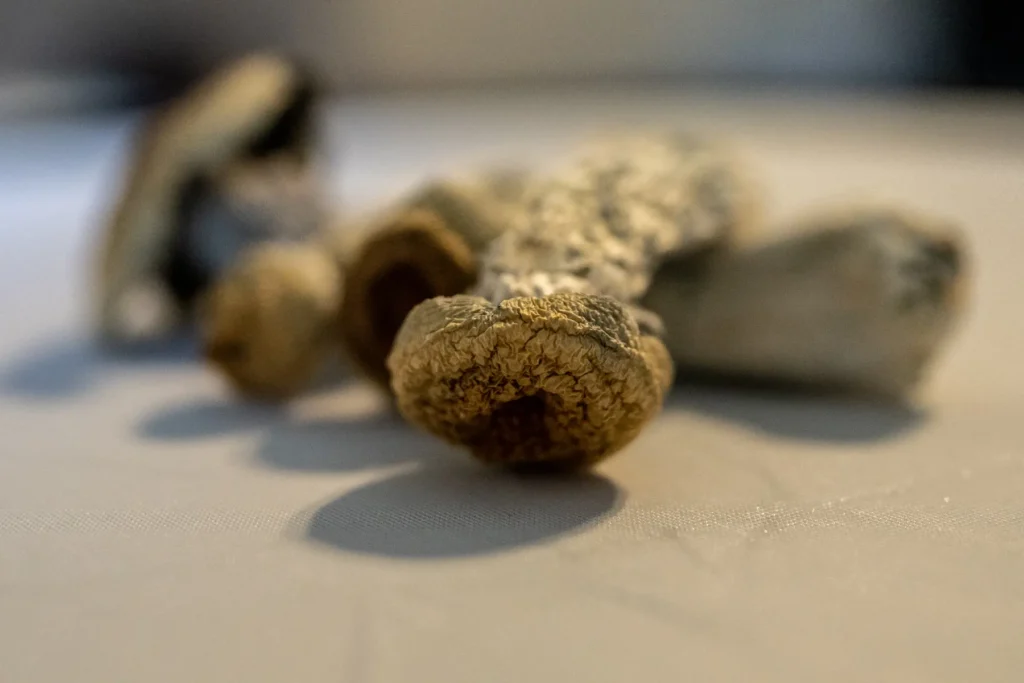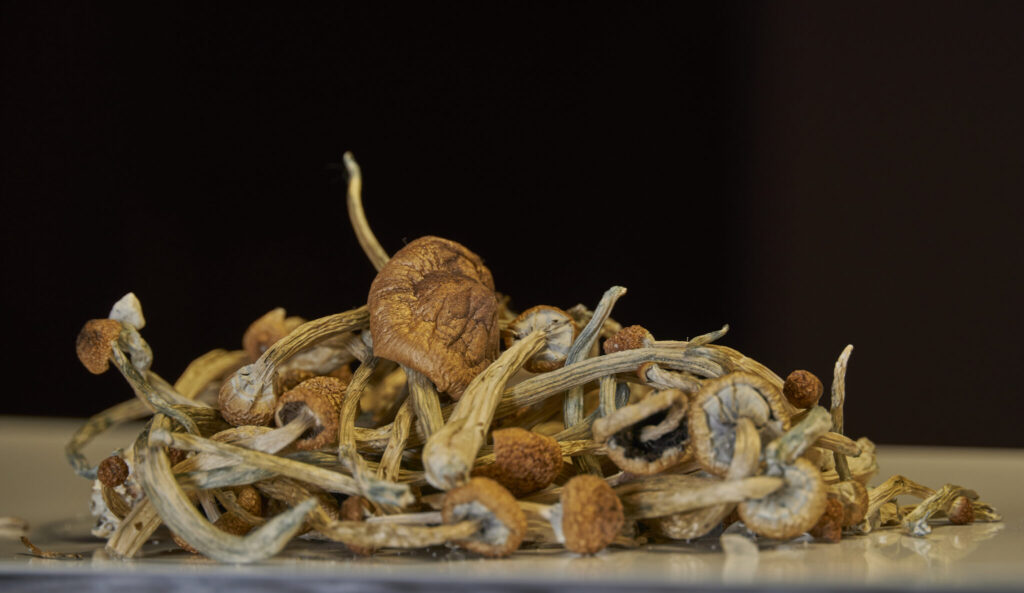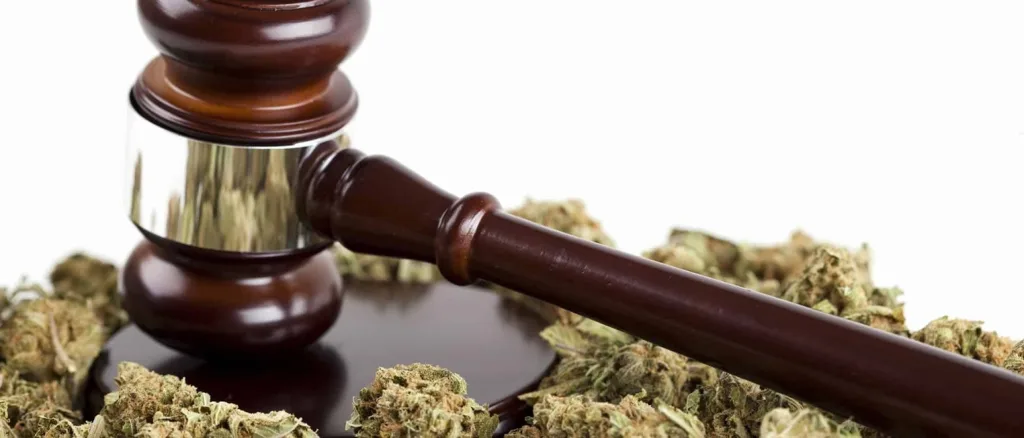A bill introduced in the Minnesota Senate today, Senate File 2142, would give local governments the authority to ban marijuana businesses and retail sales within their jurisdictions.

The Minnesota State Capitol.
The legislation has been referred to the Senate Commerce and Consumer Protection Committee for consideration.
Under current law, local governments in Minnesota cannot ban marijuana businesses outright but can impose restrictions on their location and operation. SF 2142, sponsored by State Senators Nelson and Limmer, would change this by allowing cities and counties to prohibit marijuana businesses from opening altogether. The bill also enables local governments to adopt temporary moratoriums while considering permanent regulations.
Continue reading














